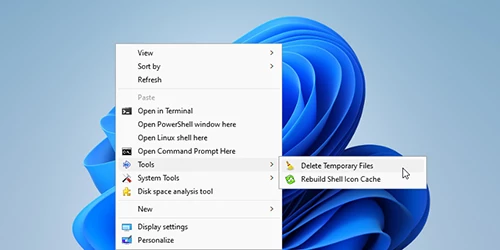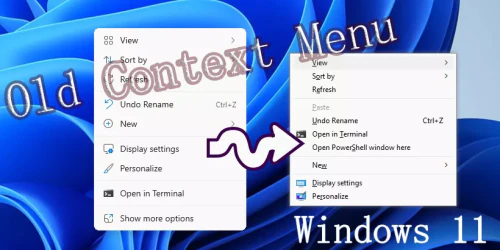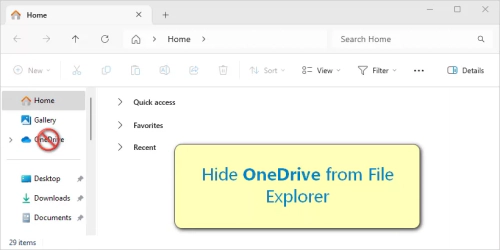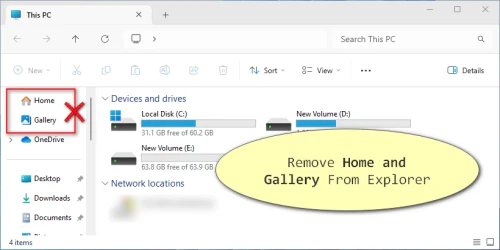How to Schedule Shutdown on Windows?

I often forget to shut down my computer. Is there a method to automate the shutdown process? Of course, this guide will walk you through the detailed steps of scheduling a shutdown on Windows. Let's dive in!
Way 1: Schedule Shutdown via Running Shutdown Command
Step 1: Open Run dialog by pressing "Windows logo key + R" together.
Step 2: Type shutdown /s /t 60 /c "This computer will shutdown in 60 seconds, please save your work" command.
Step 3: Click "OK" and wait for the computer to shutdown in 60 seconds.
Tips: If you want to cancel the shutdown plan, Type the command: shutdown -a.
Notes: The shutdown command can also run in Command Prompt.
Advanced Tips:
You can add a desktop shortcut to perform this operation conveniently.
Step 1: Back to Windows Desktop by pressing "Windows logo + D".
Step 2: Right-click and select "New" > "Shortcut".
Step 3: Type shutdown /s /t 60 /c "Your comment" in the pop-up "Create Shortcut" window.
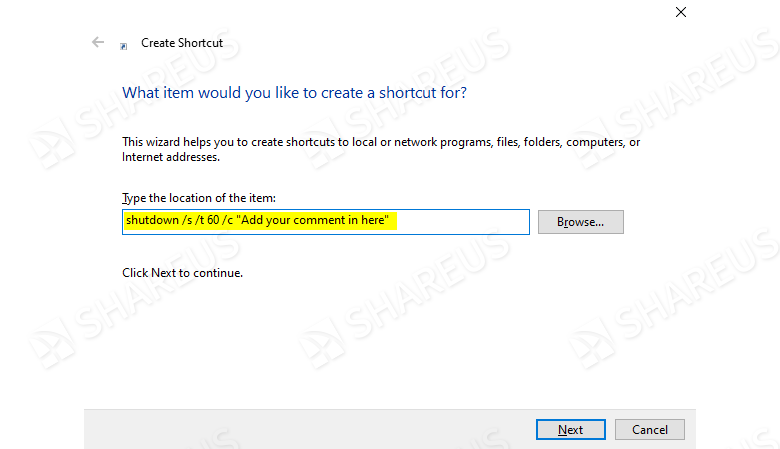
Step 4: Pick a name for this shortcut and click "Finfish".
Step 5: Double-click the shortcut when you want to schedule down your computer next time.
Way 2: Schedule Shutdown Using Windows Task Scheduler
Task Scheduler is a Windows built-in tool, which can enable you to configure some automated tasks.
Step 1: Search "task scheduler" in the Windows search box, then click the appeared "Task Scheduler" item.
Step 2: Choose "Create Basic Task" in the right panel of the "Task Scheduler" window.
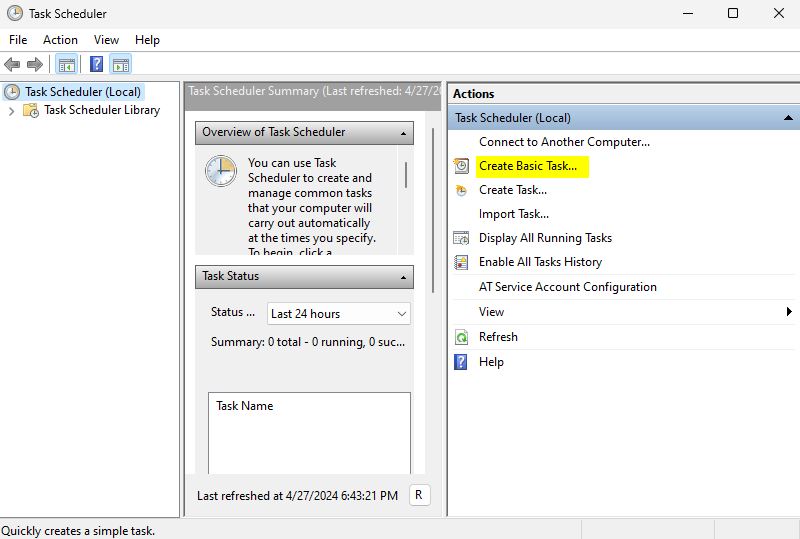
Step 3: Configure the task following the prompts provided by the "Create Basic Task Wizard".
Notes:
Select "Start a program" when you are asked "What action do you want the task to perform?". Then, type "C:\Windows\System32\shutdown.exe" in the "Program/script" location on the next page.
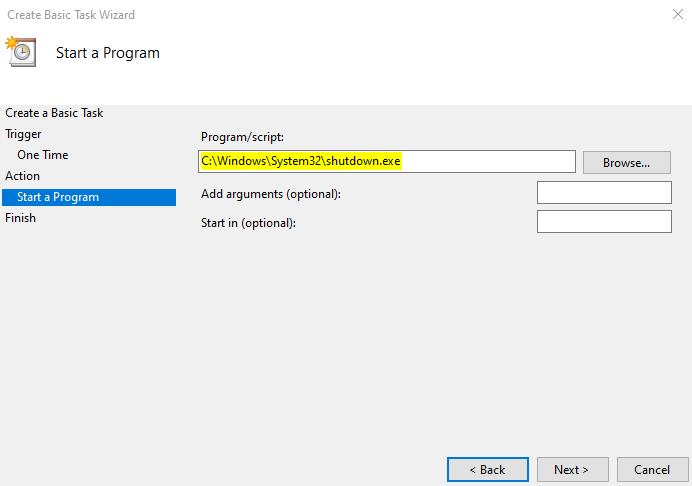
Advanced Tips:
If you want to schedule shutdown not only based on time but also on certain conditions, you can configure additional conditions for this task.
Step 1: Click the "Task Scheduler Library" in the left panel of the "Task Scheduler" window.
Step 2: Select the task we just created and right-click it.
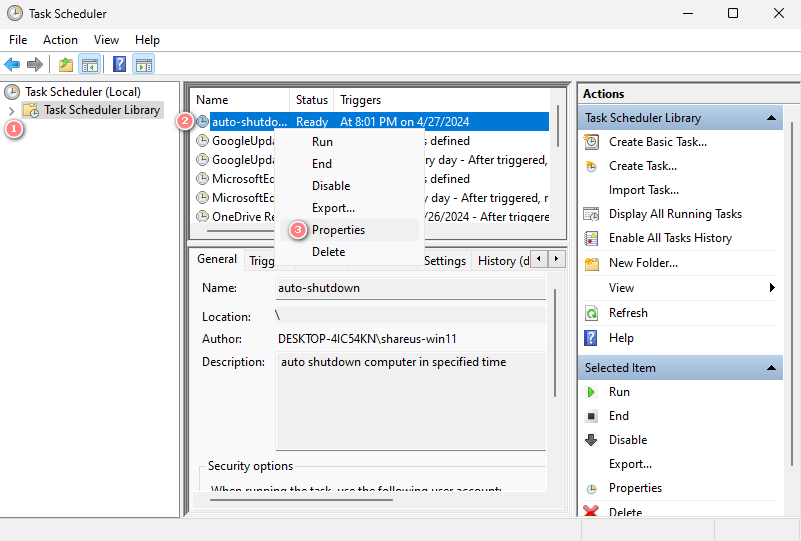
Step 3: Choose the "Properties" from the context menu. Then, click on the "Conditions" tab in the pop-up window.
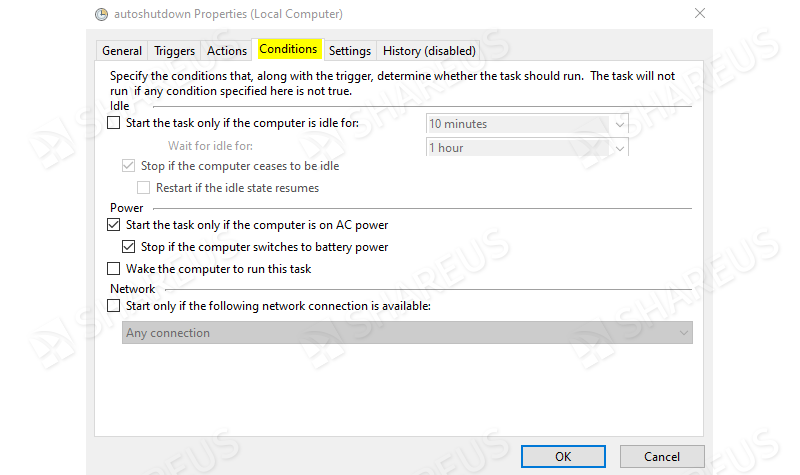
Step 4: Check the conditions you want to add in this page, then click "OK".
Step 5: The conditions are configured and you can close the window now.
Conclusion
This post outlines two methods for automatically shutting down Windows. The first method offers flexibility, while the second method provides intuitive and robust functionality. Choose the approach that best suits your needs and schedule your computer to shut down automatically.




